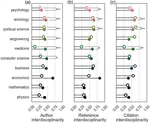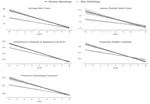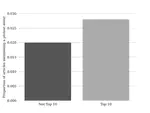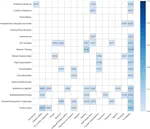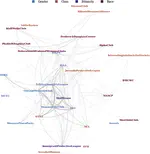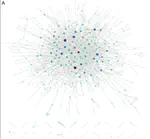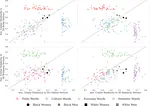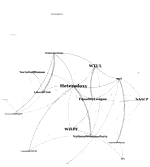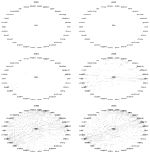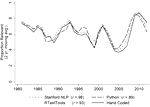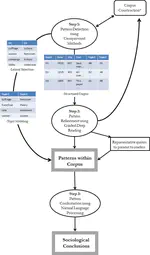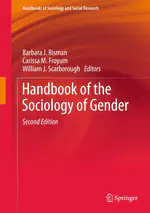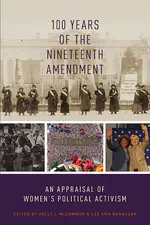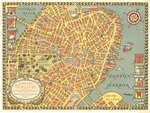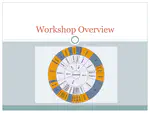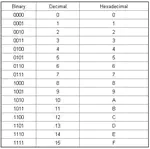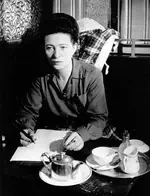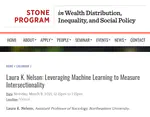Biography
I’m an assistant professor of sociology at the University of British Columbia and am the director of the Centre for Computational Social Science. See this Q&A for more on my research, teaching, and what I hope to accomplish at UBC.
Previously, I was an assistant professor at Northeastern University, where I was core faculty at the NULab for Text, Maps, and Networks, a faculty affiliate at the Network Science Institute, and was a member of the executive committee of the Women’s, Gender, and Sexuality Studies Program.
Sitting at the intersection of three subfields – social movements, organizations and institutions (with a focus on gender), and computational social science – my research focuses on how culture, language and discourse shape individual and collective action, and how that action in turn shapes culture, language, and discourse. Computational social science is rapidly changing our ability to study previously intractable concepts in culture and discourse, but, I argue, only if we firmly ground these techniques in disciplinary epistemology. My research has three pillars: (a) advancing methodological frameworks and techniques to apply computational methods developed by computer and information scientists for use in sociological research; (b) applying these methods to better understand how culture, language, and discourse shape and are shaped by society; and (c) changing the practice of interpretive and theory-building sociology to be more reproducible, scalable, and inter-subjectively valid.
In short, computational methods can advance transparency, reliability, and reproducibility in text analysis and interpretive research, notoriously difficult methods to make transparent and reproducible, and these methods can enhance historical, contextual, intersectional, and qualitative research just as much as they can enhance traditionally quantitative research.
I was an elected member of the editorial board of Sociological Methodology and a consulting editor and ad hoc deputy editor at the American Journal of Sociology. I am elected council for the Sociology of Culture and the Mathematical Sociology sections of the American Sociological Association.
- social movements
- gender
- computational sociology
- text analysis
- culture
- institutions
PhD in Sociology
University of California, Berkeley
MA in Sociology
University of California, Berkeley
BA in Sociology with a Concentration in Analysis and Research
University of Wisconsin, Madison
Skills
Python
R
Linux
Professional Appointments
- Director - Centre for Computational Social Science
- Core Faculty - NULab for Texts, Maps, and Networks
- Executive Committee - Women’s, Gender and Sexuality Studies Program
- Affiliated Faculty - Network Science Institute
- Research Fellow - Berkeley Institute for Data Science
- Research and Teaching Fellow - Digital Humanities @ Berkeley
- Research Fellow - Kellogg School of Management
- Research Affiliate - Northwestern Institute on Complex Systems
Publications
Select Talks
Online Posts & Media
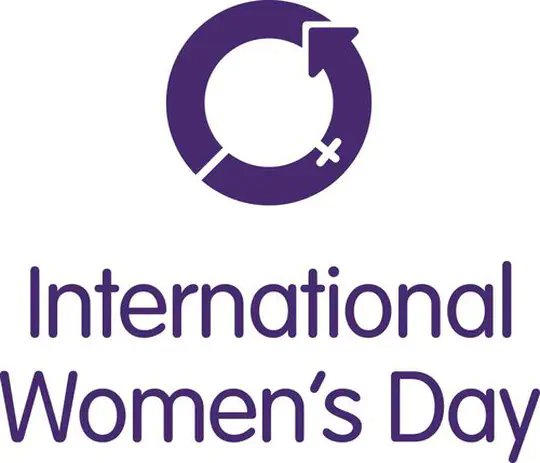
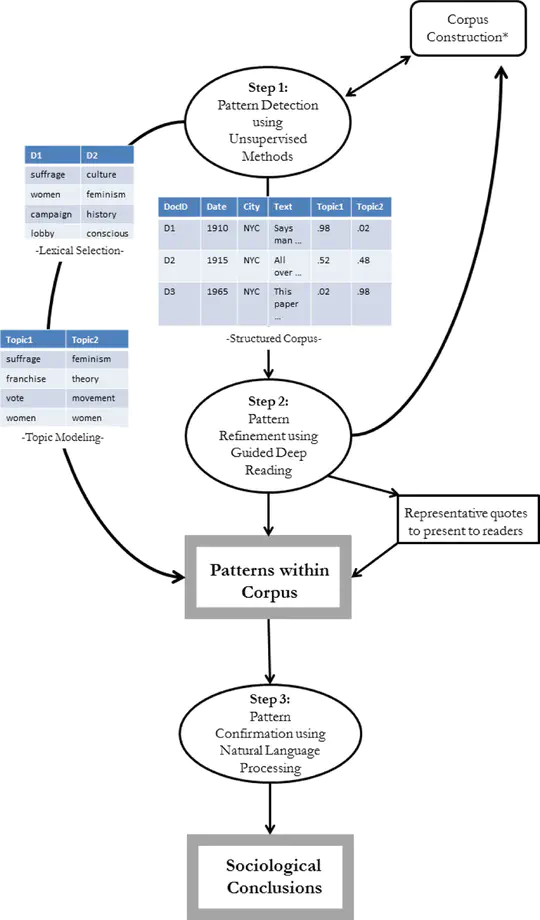

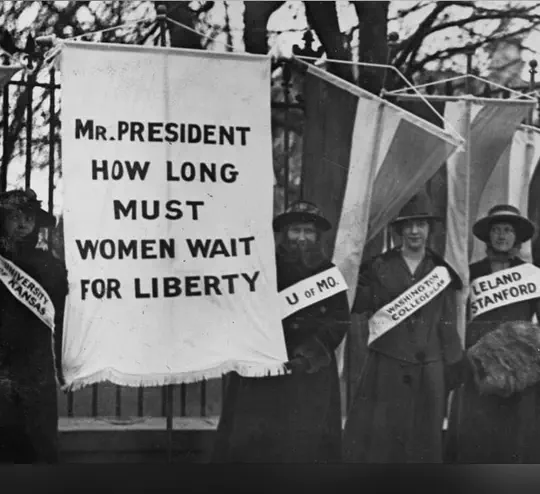
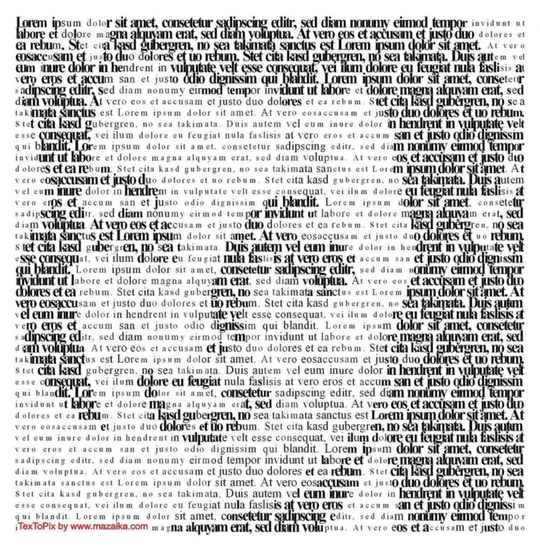

Contact
- laura.k.nelson@ubc.ca
- ANSO - 6303 NW Marine Dr, Vancouver, BC
- Book an appointment
- Follow me on Twitter
